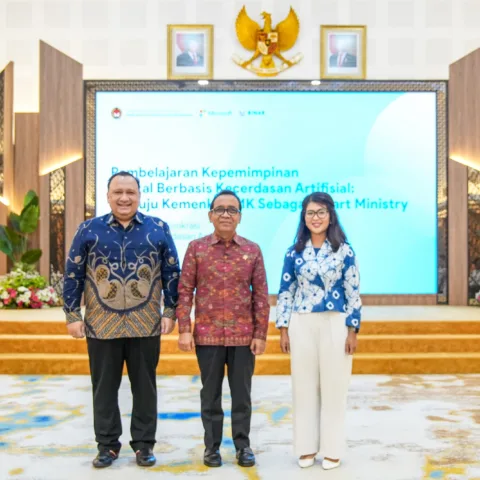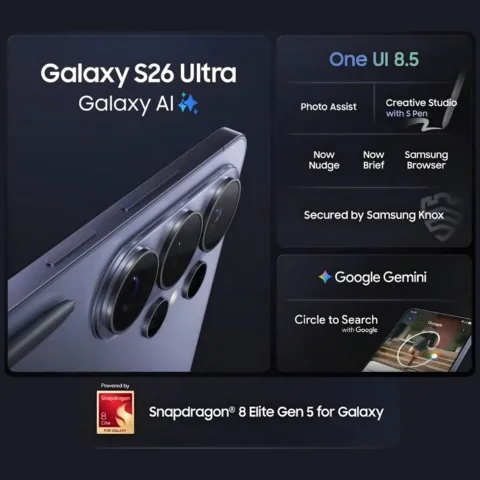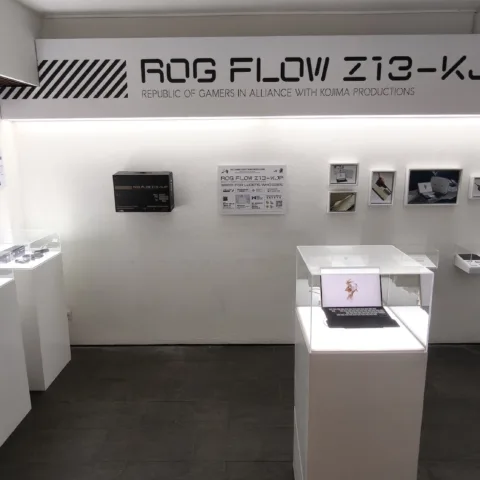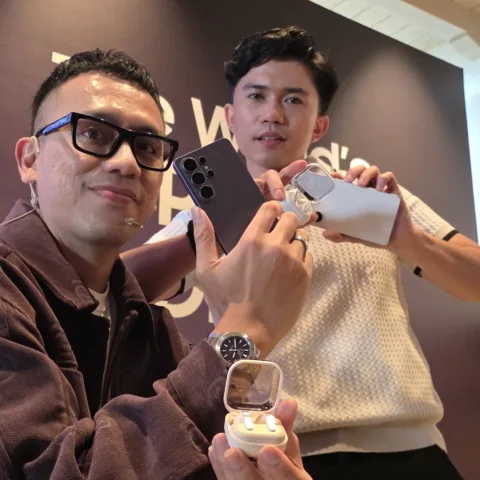With Tuesday’s announcement, Nokia is exiting the mobile devices market, handing over its entire devices and services division over to Microsoft from design to development to manufacturing to marketing, and even the names. What’s left at Nokia are mapping, network and infrastructure, and its advanced technology research lab. As for the army of Nokia developers in Indonesia and other countries, how will this acquisition affect them?
Well, to begin with, for the time being, nothing has changed. According to Narenda Wicaksono, Nokia Southeast Asia’s head of developer relations, there’s been no guidance from the global lead at this stage with regards to mobile developers. While the deal may have been hatched since Mobile World Congress earlier this year among the top executives of both companies, as far as the rest of the companies are concerned, it’s still very early days.
Until Nokia and Microsoft receive approvals from shareholders and government agencies, everything will be operating as it has always been, including all existing developer programs at Nokia and Microsoft. Within the next few weeks or maybe a few months, we’ll find out what will happen to those programs, whether they will be discontinued or maintained.
Microsoft will be taking on board both the Lumia and Asha brands and devices along with all the software development side. For developers who have been creating software for both Windows Phone and Asha, it may not be such a shock, but for those who are not used to the Microsoft way of doing things, it might be a good idea to spend some time reading up or ask around about developing within Microsoft’s ecosystem.
Microsoft doesn’t seem to have any interest in non-Windows Phone development up to this point, while Nokia has been selling about 200 million feature phones a year with roughly 54 million of them just in Q2 2013 alone. What Microsoft will do with the S40 platform is unknown for the time being but it’s not inconceivable that Microsoft will offload the feature phone/Asha unit to be its own company, subsidiary or otherwise, or to another more interested company.
Since Microsoft has actually acquired the Lumia and Asha brands and licensed the Nokia brand to be used on Asha phones and feature phones, it’s more likely that the non smartphone unit will become its own separate unit within Microsoft, possibly a subsidiary company. Given Asha’s development language, tools, guidelines, and features, these things tell us that they cannot be integrated within the Windows/Windows Phone development environment.
Having to support and maintain two possibly competing platforms will not be an ideal situation for Microsoft as the company’s roadmap beginning with Windows 8 and Windows Phone 8 is about integration. The S40 platform will be like a wrench in that set of gears despite its popularity, so it won’t be a surprise if it gets the shaft. On the other hand, Microsoft may find use of the S40 platform to extend the reach of its other services such as Skype, Outlook, Bing, and XBox to markets that may be beyond the reach of Windows Phone due to price or other factors.
As for Windows Phone developers, we don’t expect anything to change. After all, it’s Microsoft’s own platform and everything so far has always been done through Microsoft’s environment.









